Professor Frances Platt
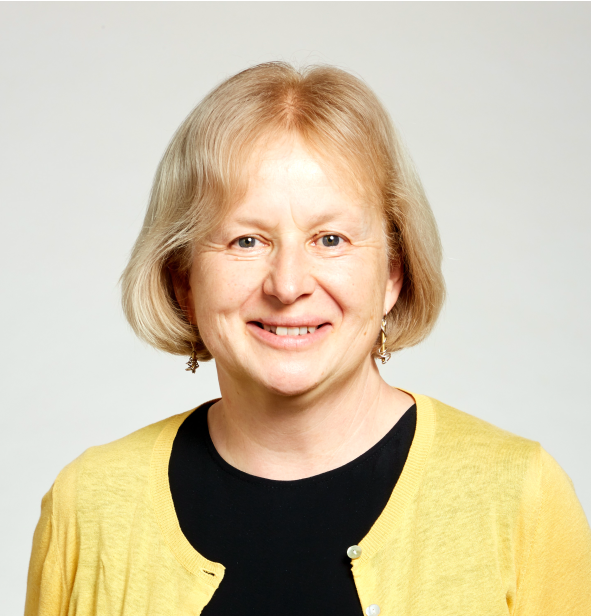
Head of Department, Department of Pharmacology, University of Oxford
Professor Platt obtained a BSc in Zoology at Imperial College University of London and a PhD in animal physiology from the University of Bath. She was a post-doctoral fellow at Washington University Medical School in St Louis, USA. She returned to the UK in 1989 (to the Biochemistry Department, University of Oxford) where she focused on how the abnormal accumulation of glycosphingolipids results in pathology in lysosomal storage diseases.
She was a Lister Institute Senior Research Fellow from 1996-2002. A major focus of her work has been on the development of substrate reduction therapy (SRT) to treat several of these disorders. Proof of principle of SRT was demonstrated in mouse models of these primarily neurodegenerative diseases. Dr Platt’s research, in collaboration with Dr Terry Butters, has led to the development of the approved drug miglustat/Zavesca for glycosphingolipid storage disease therapy.
Her current interests focus on the cell biology and pathobiology of glycosphingolipids and on the development of novel therapies for treating diseases resulting from defects in gycolipid metabolism and lysosomal dysfunction.
She moved to the Department of Pharmacology in April 2006.
She was elected a fellow of the Academy of Medical Sciences in 2011 and was the recipient of a Royal Society Wolfson Merit Award in 2013. In 2016 she became a Wellcome Trust Investigator in Science. She was appointed Head of the Department of Pharmacology in 2020 and was elected a Fellow of the Royal Society in 2021. She was awarded the Thudichum Medal in 2023 by the Biochemical Society, UK.
Dr Lizzie Burns
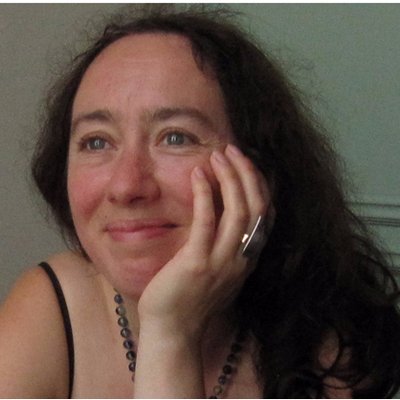
Science-based artist
Talk title:
History of pharmacology teaching in Oxford & links to Germany
Following a doctorate and postdoctoral research into cancer research, University of Oxford, since 2002 I've been a full-time science-based artist.
My work reveals the beauty and wonder of life, and hope from research. Nobel Laureate Torsten Wiesel commented on my work for 'The Brain as a Tool': "pay serious attention to the beautiful illustrations”.
I run outreach projects including in schools, festivals and museums encouraging people of all ages to discover their creativity through combining art and science with topics including the brain, cells and viruses.
For the past decade I've worked once a week in UCH funded by their hospital charity in Oncology encouraging patients and staff to get creative as support during difficult times. This has brought me to write for the British Medical Journal about boredom as a suffering for patients, and the need for creativity.
My hospital work has led to Origami as a powerful tool for well-being. Origami is both an art and science; bringing moment of discovery and touches on the profound. As part of Origami Pulse CIC we run workshops and events which bring joy, connection with others, mental stimulation and to raise self-esteem. Comments include: "today is great - you can unleash your wild imagination"
Hannes Schneider

Talk title: Historical analysis of the directors of the pharmacological Institutes in Germany 1918-1963
I started my medical studies in Mannheim at the University of Heidelberg in 2019. I moved to Hanover in 2021 and have been studying at Hanover Medical School (MHH) ever since. Since 2022, I have been working as a PhD student at the Institute of Pharmacology under Professor Seifert. My work is supported by the German Society for Experimental and Clinical Pharmacology and Toxicology as well as the Institute for Ethics, History and Philosophy of Medicine at the MHH.
Professor Roland Seifert
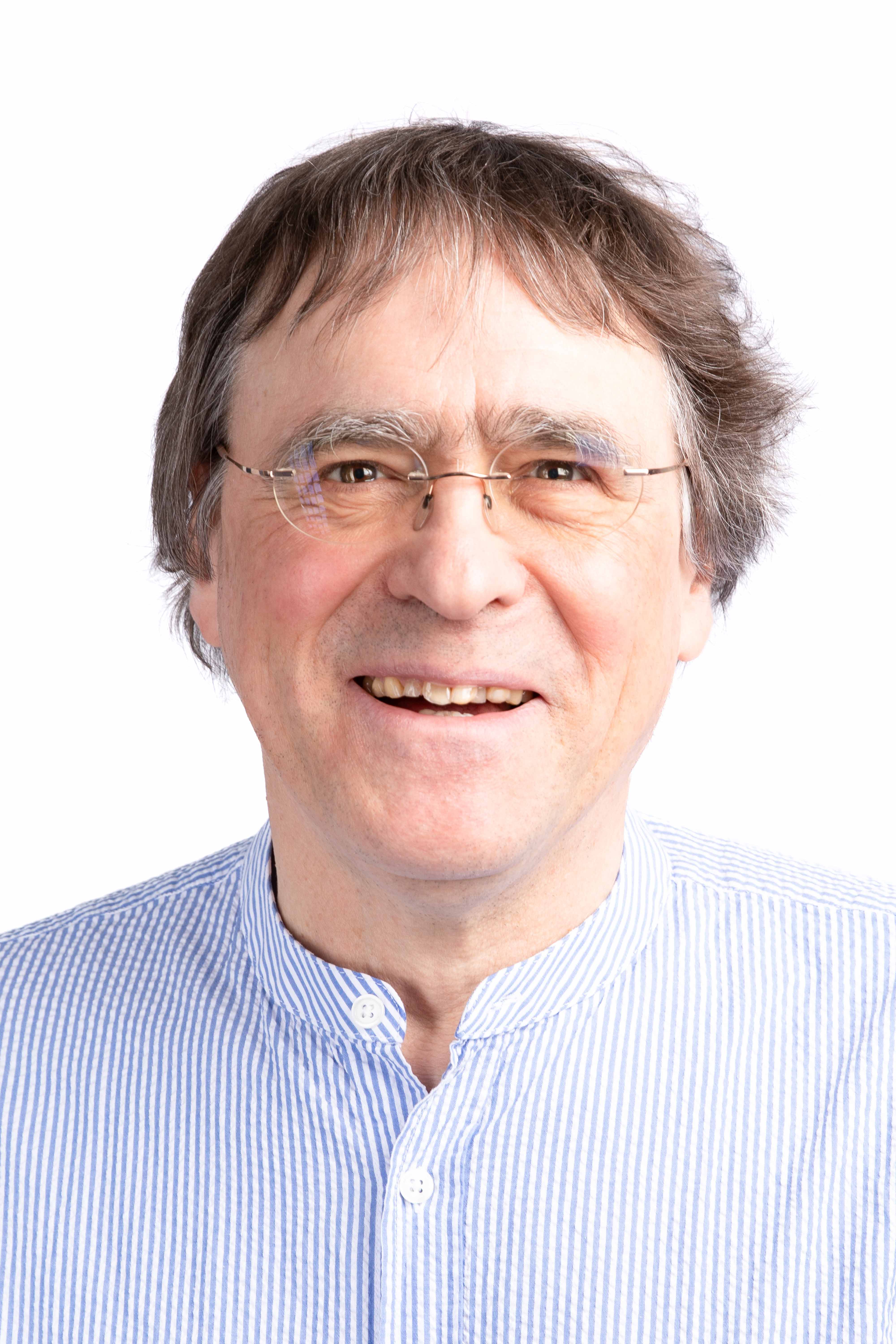
Chair of the German Society for Experimental and Clinical Pharmacology and Toxicology
Talk title: The impact of the persecution of German pharmacologists on their publication behaviour
Professor Paul Weindling
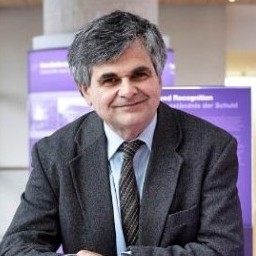
Wellcome Trust Research Professor in the History of Medicine, Oxford Brookes University
Talk title: (Hugh) Hermann Blaschko and his support of refugee scientists
Paul Weindling joined Oxford Brookes University in 1998 as Research Professor in the History of Medicine. From 1978 until 1998 he was at the Wellcome Unit for the History of Medicine at the University of Oxford. Following graduation from the University of Oxford, he completed an MA and PhD at University College London.
He was from 1999-2004 a member of the Max-Planck-Gesellschaft President’s Committee for the History of the Kaiser-Wilhelm-Gesellschaft under National Socialism, and was on the Advisory Boards of the AHRC project on German-Jewish refugees, and on the history of the Robert Koch-Institute. He is currently on the advisory board of the project of the German Society for Psychiatry project on psychiatrists in Nazi Germany, and a member of the project on the history of the German Foundation for Memory, Responsibility and the Future. He has advised the Deutsche Forschungsgemeinschaft (DFG), the Centre national de la recherche scientifique (CNRS), Swiss Research Council, and other national funding agencies. He is a Trustee of the Council for Assisting Refugee Academics (CARA).
Nina Goebels
.jpg)
Talk title is: Reconstruction of the German Pharmacological Society after WWII, which is also the theme of my Doctoral thesis
After graduating from high school in summer 2019, I began studying medicine at the Hannover Medical School, where I passed my second state examination in April 2025. Since January 2023, I have also been a doctoral student at the Institute of Pharmacology at the Hannover Medical School under Prof. Roland Seifert.
Professor Antony Galione FRS
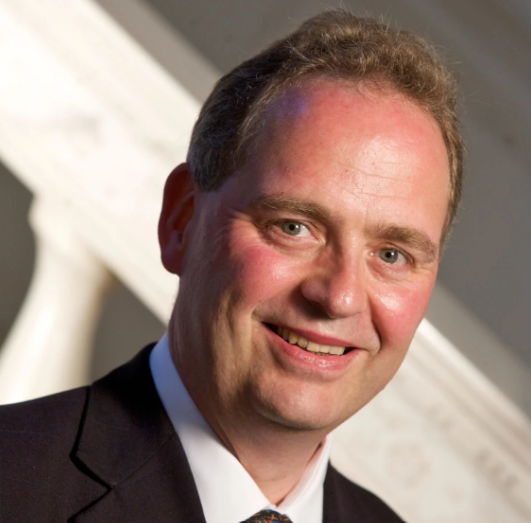
Statutory Professor of Pharmacology, University of Oxford
Talk title: Pharmacology in the pre and post-war era
I was educated at Trinity College, Cambridge, and received a BA in Natural Sciences (pharmacology part 2) in 1985 and my PhD (zoology) in 1989, having worked on the role of calcium oscillations in cell activation in Sir Michael Berridge's laboratory.
After a short spell at UCL working on mammalian fertilisation with Michael Whitaker, I went to Johns Hopkins University as a Harkness Fellow studying the role of calcium signals in early development. Returning to the UK in 1991, I joined the Department of Pharmacology. I have been successively a Beit Memorial Fellow, Wellcome Trust Career Development Fellow and Wellcome Trust Senior Fellow in Basic Biomedical Research.
I was elected to a Tutorial Fellowship at New College in 1998 in conjunction with a proleptic University appointment, appointed to a titular Professor of Pharmacology in 2002, and elected to the Professorship of Pharmacology and a Professorial Fellowship at LMH in 2006. I was Head of the Department of Pharmacology from 2006-2015.
I received the 2001 Novartis Prize of the British Pharmacological Society for my scientific contributions to pharmacology. I became a Fellow of the Academy of Medical Sciences in 2010 for my contributions to the advancement of medical science, and in 2016 I was elected a Fellow of The Royal Society for my work on calcium signalling.
Shelley McKeown-Jones
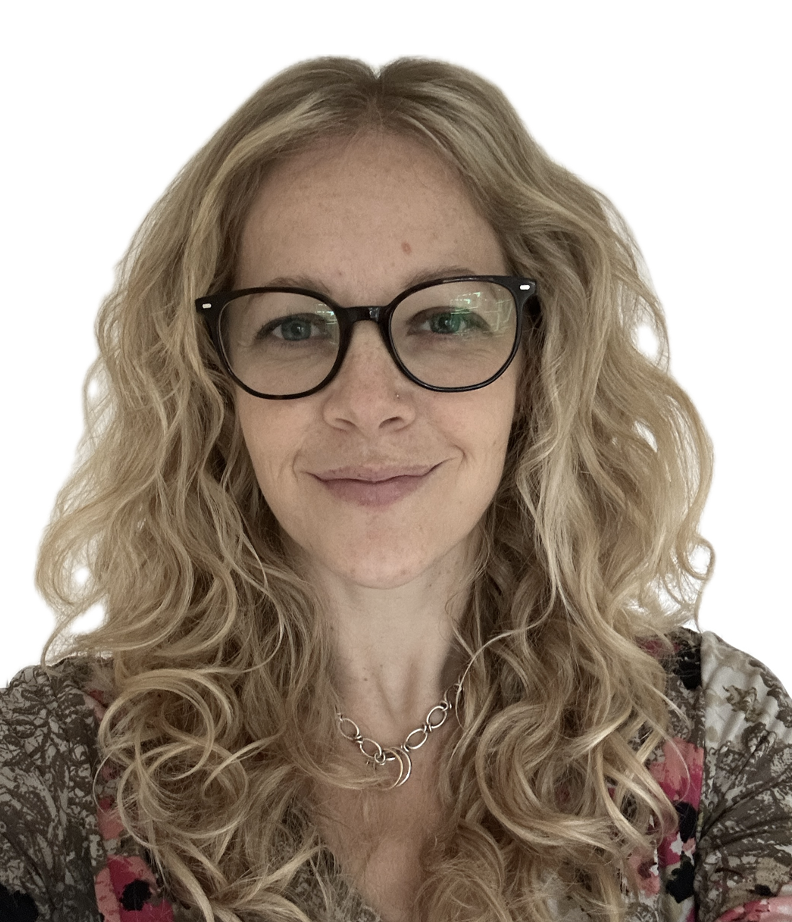
Professor of Social Psychology, University of Oxford
Talk Title: Behind the photographs; making sense of relations
Professor of Social Psychology in the Department of Experimental Psychology, University of Oxford and Tutorial Fellow in Experimental Psychology, Lady Margaret Hall.
Shelley earned her BSc (Hons.) in Social Psychology in 2008 and her Ph.D. in Social Psychology in 2012, both from the University of Ulster. Before joining the University of Oxford in 2024, she held academic positions at the University of Bristol, Leiden University College, and the University of Hertfordshire.
Influenced by her time growing up in Northern Ireland, Shelley’s research applies social psychological theories to understand and improve intergroup relations in conflict and diverse societies. She is an active member of the academic community in social psychology and currently serves as Co-Editor in Chief of the British Journal of Social Psychology.




